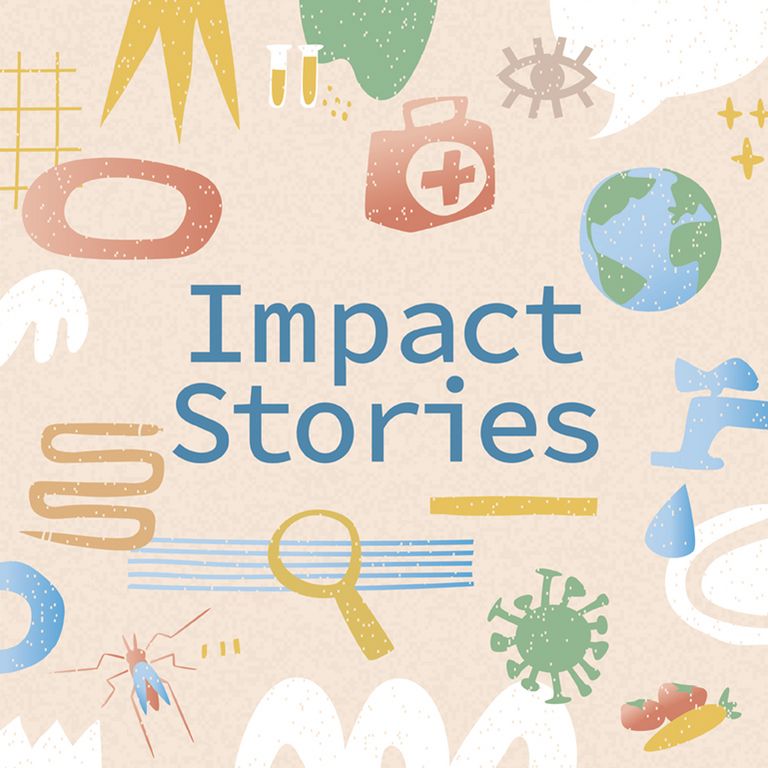

I participated in the Digital Storytellers project in 2019, with the motivation to provide tangible insights into my research in Tanzania and the surrounding setting as well as to showcase the linkage between my research and the Sustainable Development Goals (SDGs). The Digital Storytellers project was launched as a r4d synthesis initiative, supporting researchers to communicate their specific contributions to the 2030 Agenda through visual media.
Besides collecting data for my PhD on perceived health impacts induced by industrial mines, I gathered footage in Tanzania to create short video clips about the fieldwork undertaken in the country. The video clips served as a supplement to the traditional peer-reviewed publication I was working on and allowed me to share my main research findings with a broader audience. In less than five minutes, colleagues, family members and friends gained a greater insight into my work with communities living around industrial gold mines. The video clip even reached people who have nothing to do with science. Additionally another video was created in collaboration with Dominik Dietler, which showcases the set-up of the framing research project of my PhD.
Filming in Tanzania
Working in Tanzania and especially on the data collection with the communities living around the mining sites, was a highlight of my PhD. Thanks to the fantastic collaboration with the field team, local stakeholders and community representatives, we successfully implemented our project in three study sites in northwestern Tanzania. Indeed, completing the data collection plus the filming was challenging. Once I was more familiar with the study setting and learned some of the Swahili language, I could approach people more easily – as it was necessary to establish rapport with the interviewees.
Filming was not as easy as we had initially anticipated, as some individuals in remote areas where rather shy in front of the camera. Therefore, it is vital to get signed consent and clearly and honestly tell interviewees where and what the film will be used for.
To support our journey during the pre-production process, we were trained through an e-learning suite to think about the story we wanted to tell by producing a storyboard, which helped to guide decisions on the footage we planned to gather before heading to the field.
Bumps along the road
It wasn’t always easy for us to get the ball rolling. Everything about film production was new to me, and quite different to my academic work! It took energy to work out how to approach it. Combining the two areas was often a difficult task.
We also ran into various challenges along the way, such as patchy communication. In addition, the editing process, which was managed by Paitití Lab, required additional time demands and editorial issues, which as a result was completely new to me.
Beyond academia
Video clips allow me and other digital storytellers to share our research with a broader audience, creating more opportunities. Be it in presentations, lectures, stakeholder meetings or informal chats with colleagues, it has proven to be a very impressive communication tool. Besides introducing the research topic, it helped to visualize the context where I have been living and working, which was particularly interesting for some of my friends. The versatile application of the short documentary – including the voices of local stakeholders – creates a particular momentum in the international working environment, and offers viewers an insider’s look into life in this region of Tanzania.
What’s next?
This experience taught me how insightful and powerful a short video can be and how many different people you can reach with it. I will take away a universally accessible and approachable tool to communicate the research undertaken and its relevance towards the attainment of the SDGs. Inspired by the Digital Storytellers project, together with Dominik, we also produced a video publication for the GeoSpatial Health Journal.

“To say the least, videos are useful – not only to support research communications and reach a wider audience, but because nearly everyone enjoys watching them.”
Andrea Leuenberger, Swiss TPH
This blog post is based on the article “’It changes the relationship’: The power of film in research for development”, which includes insights from six digital storytellers. All video clips from the Digital Storytellers project and other r4d synthesis projects can be found here.